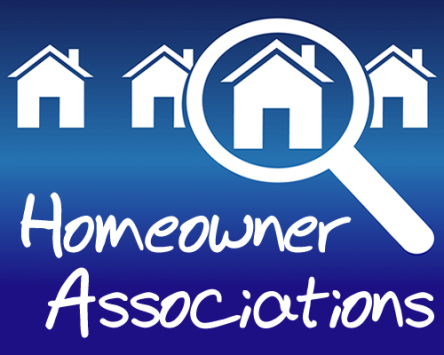Home Owners Associations
When you purchase a condominium, townhouse or another type of property in a planned development such as a leased land property or a gated community, it is almost mandatory to join that community's homeowners' association (HOA) and pay monthly or annual HOA fees for the upkeep of common areas and the building. Regardless of whether the HOA governs a building, such as a condo or townhome structure, or a neighborhood of individual houses, HOA fees help maintain the quality of life for the community's residents and protect property values for all owners.
Learn the HOA rules.
When residents move into a gated community, they are given a set of rules or covenants that govern the community and are enforced by the HOA’s elected board of directors, as it were. These rules or covenants, though some may be absurd are necessary for the community to thrive peacefully. That's good news to some, since HOA covenants and bylaws preserve the value of your land by ensuring neither you nor your neighbors do anything like paint your house a distasteful color or park several commercial vehicles in your driveway. The bad news is that you can't necessarily do what you want with your own private property. Abiding by these rules however, ensures that your property is well managed as well as the community in which you live in.
Find out about fees!
In return for monthly or annual dues, HOAs can provide neighborhood amenities, such as parks, landscape maintenance, club houses and pools, and even fundraising. The residents only have to meet monthly to discuss new developments. The fees vary from association to association so learn about the HOA fees, if your community has any before moving in. It seems like a big price to pay, but if you fall behind on your association dues, the HOA can bring a case against you to the estate developers which sometimes can lead to talks of eviction or foreclosure.
What do you do if the HOA keeps increasing your dues at alarming rates? First of all, pay them. There are too many risks involved, including foreclosure, if you don't. Second, review your deeds and bylaws to see what your legal rights are. If you can initiate intelligent dialogue with the HOA board, do so. Unfortunately, HOAs have reputations for being set in their bylaws and, if you don't have any legal basis for your objection to the rate increase, you might be out of luck. Power is in numbers. If other homeowners feel the same way about the rate increase, join with them.
Know your HOA members
HOA directors are homeowners that are chosen by their peers to represent the interests of their communities. They become somewhat infamous for imposing arbitrary fines and liens on unpopular or "rogue" homeowners, enforcing strict adherence to their rules. Regardless, anyone who wants to move into a housing development ruled by an HOA has to agree to follow the HOA's rules which can prove troublesome for anyone who's even slightly individualistic, or simply laissez-faire about the color of their neighbors' driveways. As mentioned before, learn the rules of your HOA before moving in and know the members of your HOA. This will be easier when you have a suggestion or complain to put across to the association.
No matter the kind of development or community you find yourself, it is always prudent to be active in the Home Owners Associations as they pose more of a benefit than a liability.
